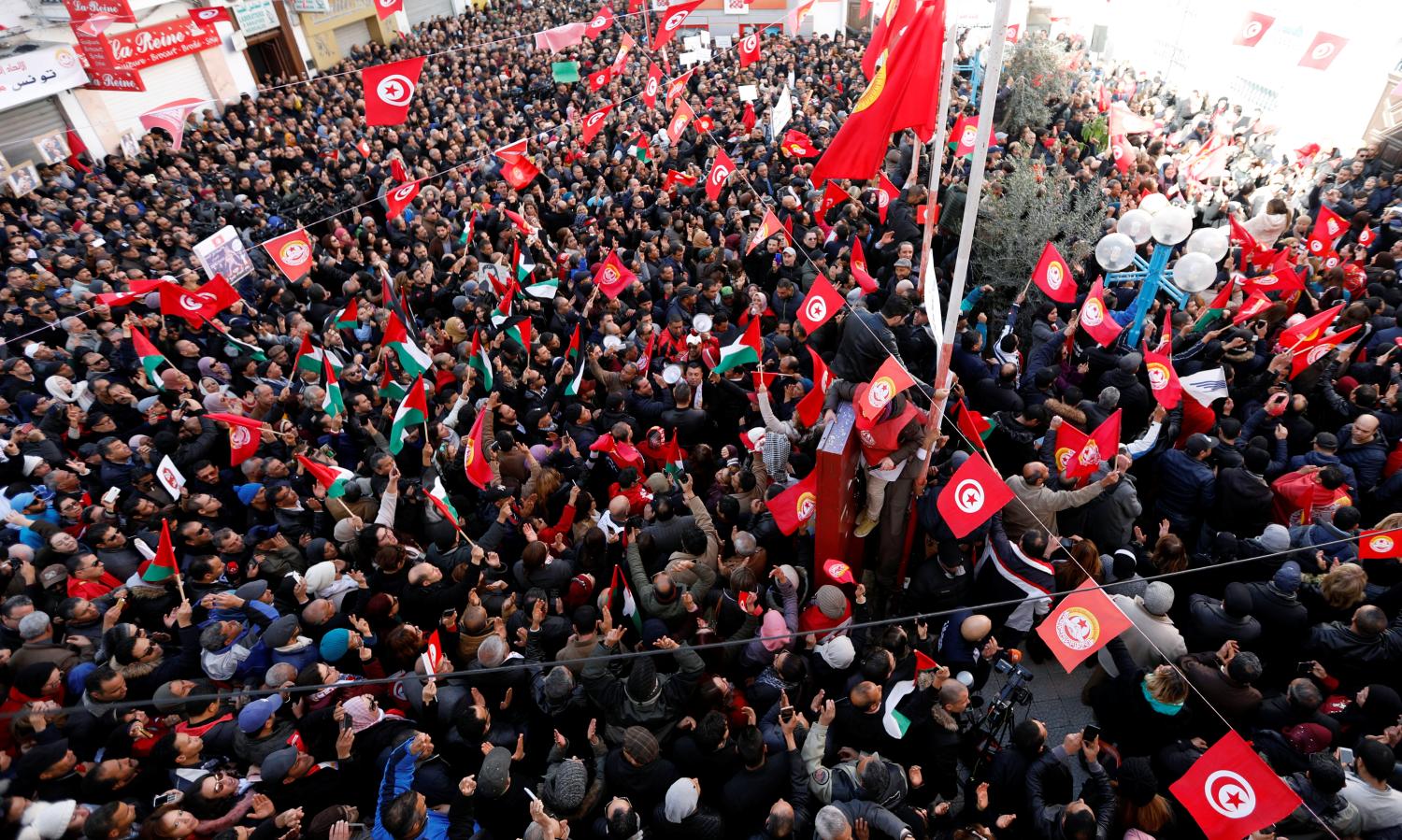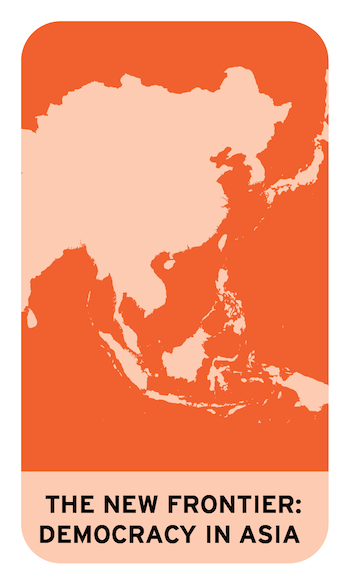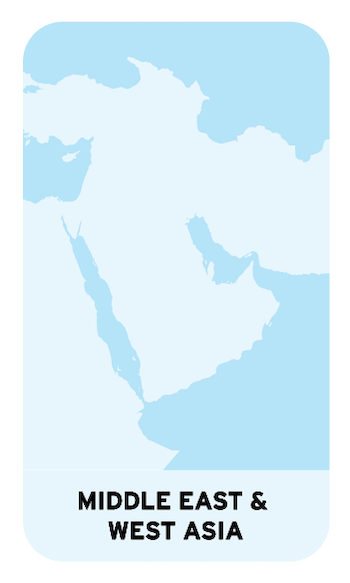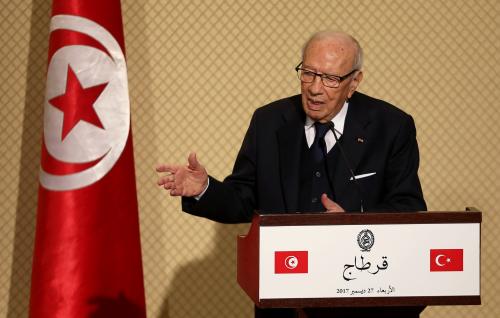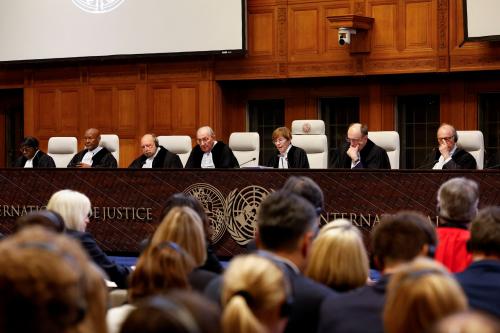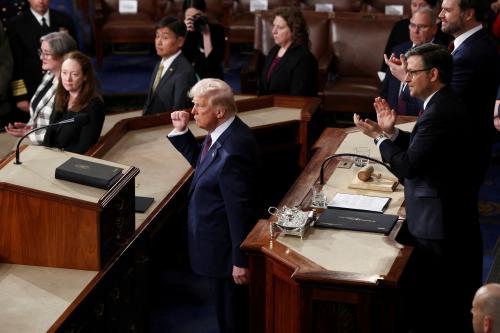 Executive Summary
Executive Summary
Tunisia has emerged as the one success story of the 2011 Arab Spring uprisings. While Libya, Yemen, and Syria have descended into civil war, and Egypt into military dictatorship, Tunisia has instead transitioned to and thus far maintained its democracy. Its transition has benefited from several structural advantages, including a homogenous population, a politically weak military, a strong civil society, and a relative balance of power between Islamists and secularists. Yet Tunisia’s transition is still fragile. In recent years, the Tunisian public has become disillusioned with democracy for its failure to improve the economy. Meanwhile, governing elites have pursued a series of problematic laws and measures indicative of democratic backsliding.
This paper seeks to take stock of Tunisia’s democracy eight years after the revolution by answering three questions. First, to what extent have Tunisians become disillusioned with democracy? Second, if Tunisian democracy were to break down, how might this happen, and how likely is each scenario? And third, from that analysis, what lessons can we derive for preventing such a breakdown?
I find that the most likely form of democratic collapse in Tunisia would be the rise of a popular strongman, as opposed to a military coup or civil war. Given growing disillusionment with democracy, the 2019 elections could provide a ripe opportunity for such a figure to emerge. A potential strongman could subsequently draw upon two worrisome recent trends to consolidate his authority: first, the increasing level of police powers, and second, the politicized use of courts to go after political opponents. To constrain a future strongman, Tunisia should end military trials of civilians, form the Constitutional Court, and enhance the powers of the parliament ahead of the 2019 elections.
The Brookings Institution is committed to quality, independence, and impact.
We are supported by a diverse array of funders. In line with our values and policies, each Brookings publication represents the sole views of its author(s).

